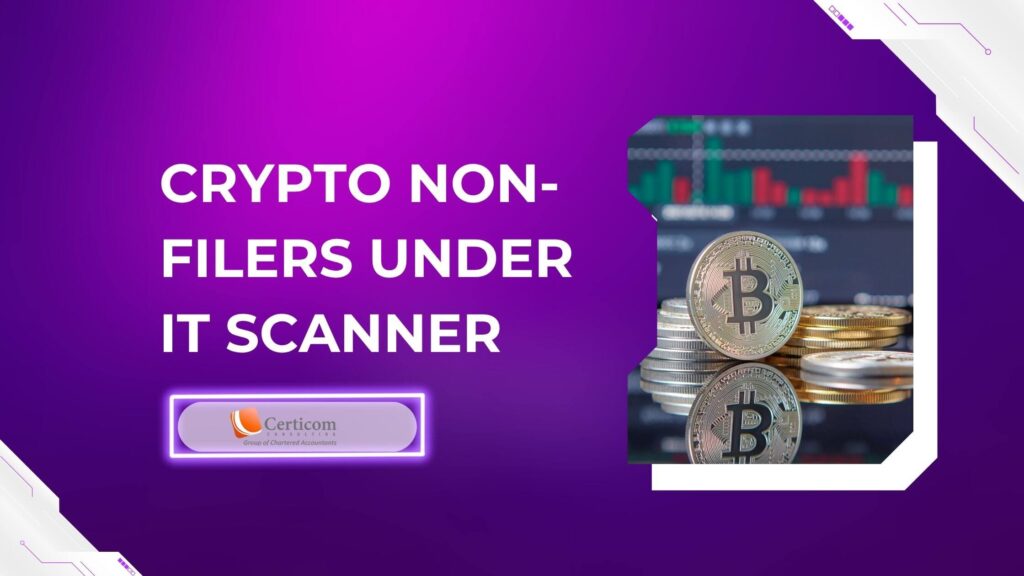Restrictions on Cash Payments under the Income Tax Act

The Income Tax Act imposes strict regulations on cash transactions, particularly through Section 40A(3). Introduced by the Finance Act, 2008, this section aims to curb the use of cash in business transactions by limiting the amount that can be paid in cash to a single person in one day.
Key Highlights of Section 40A(3):
Cash Payment Limit:
Any payment exceeding ₹10,000 in cash to a single person on a given day is disallowed as a business expense deduction. Such payments must be made via account payee cheques, bank drafts, or electronic modes.
Taxable Income:
If a business claims a deduction for an expense but later makes a cash payment beyond ₹10,000 for that same expense, the payment is considered taxable income in the following year.
Exceptions:
There are exceptions to this rule under specific conditions, as outlined in Rule 6DD. For instance, payments made to government bodies, banks, cooperative societies, and producers of agricultural or animal husbandry products are exempt.
Special Circumstances for Employees:
If an employee is posted in a remote location and doesn’t have access to banking services, cash payments exceeding ₹10,000 are permitted for salaries
Transport Sector Provisions:
For transporters, the cash payment limit is increased to ₹35,000 per day.

Cash Transaction Limits in General:
Under the Income Tax Act, no cash transactions exceeding ₹2,00,000 are permitted for any individual in a day. This applies to various transactions, including property purchases or occasions like weddings.
Construction and Property Transactions:
Cash transactions over ₹1,99,999 are strictly prohibited for real estate dealings, and payments must be made via bank transfer or other electronic modes.
Exemptions under Rule 6DD:
- Payments to government entities where legal tender is mandated.
- Purchases from farmers or producers of agriculture, animal husbandry, dairy, fishery, or horticulture products.
- Payments made during bank holidays or strikes.
- Cash payments by agents on behalf of principals for goods or services.
- Payments by authorized money changers for the purchase of foreign currency or traveler’s cheques.
These restrictions reflect the government’s efforts to reduce cash transactions and promote transparency in business dealings. By limiting the allowable cash payments and imposing strict penalties for non-compliance, the Income Tax Act ensures that most business transactions occur through verifiable banking channels.
Related Post
Top 10 Tax Filing Rules for FY 2024-25
Crypto Non-Filers Under IT Scanner
Book A One To One Consultation Now For FREE
How can we help? *




